
If you are a vegetarian or just a meat-eater that feels that a diet high in meat could lead to some health issues in the long-term, there are a tonne of high protein choices that don’t come from animals.
It is very easy for a vegan diet to meet the recommendations for protein. Nearly all vegetables, beans, grains, nuts, and seeds contain some, and often much, protein. Fruits, sugars, fats, and alcohol do not provide much protein, so a diet based only on these foods would have a good chance of being too low in protein.
It’s important to understand where else you can source your protein to get a wide array of healthy foods in your diet and to help to keep it interesting for your taste buds too.
Vegetarian Options
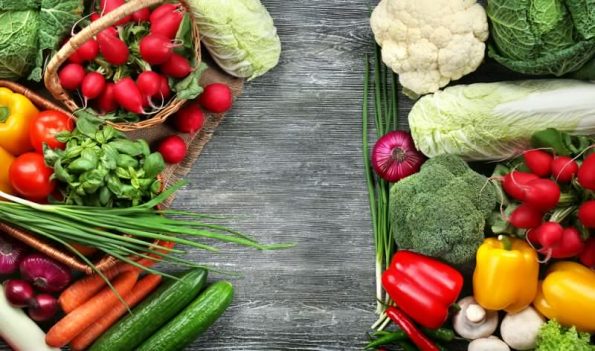
Eggs
Eggs are an amazing source of nutrition, high in protein and a source of omega 3s and selenium. There are 6 grammes of protein per medium egg.
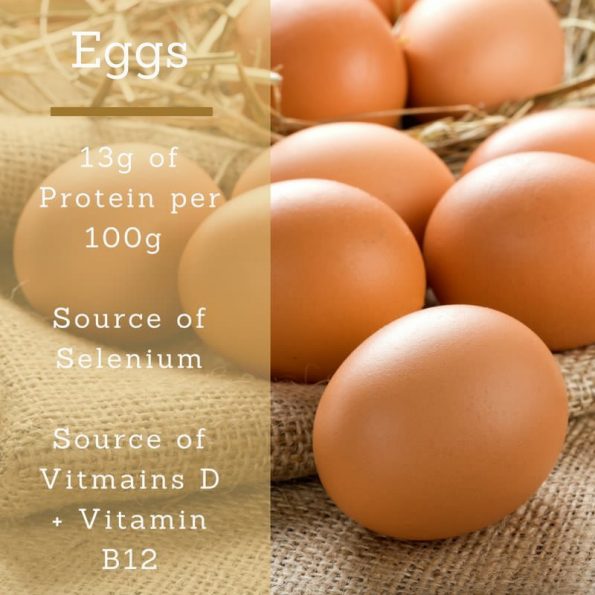
Cheese
Cheese can be a great low carb source of protein that comes in many forms. Cheese is, of course, also high in fats, so can be quite calorific. But when it comes to giving your food a boost of flavour and protein, a small portion of cheese could be a great shout.
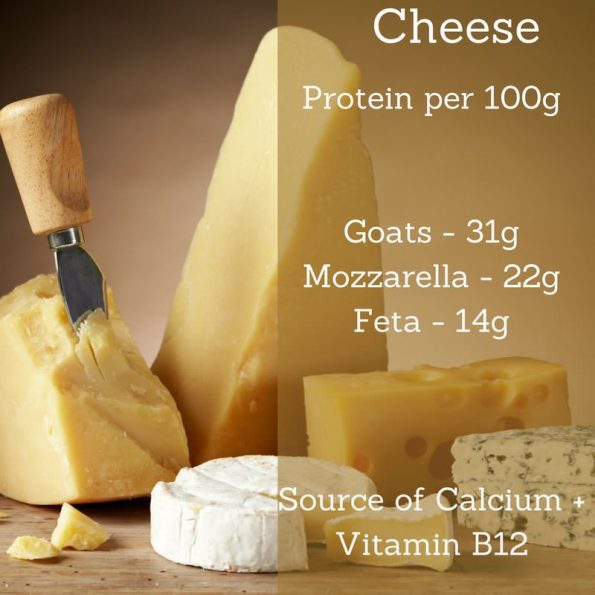
Greek Yoghurt
Greek yoghurt can have up to twice as much protein as regular yoghurt due to the straining process which filters out excess liquid. You are left with seriously thick yoghurt and a source of calcium, zinc and vitamins B6 and B12.
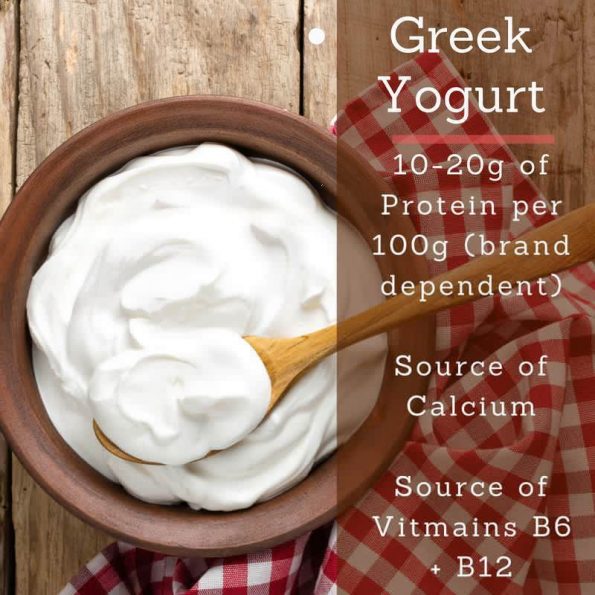
Legumes
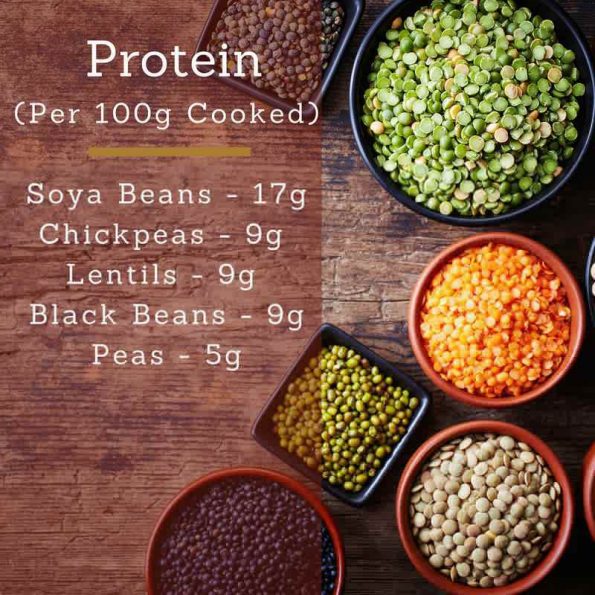
There is a great selection of legumes you can include in your diet to boost not just your protein intake, but your fibre too. Lentils, soya beans, black beans, and chickpeas are all excellent sources of fibre, which is great for digestion and helping you to feel full too.
Legumes also contain quercetin, which can help to keep your blood sugar levels in check.
Spirulina
Add spirulina to smoothies and shakes for a natural protein and amino acid boost.
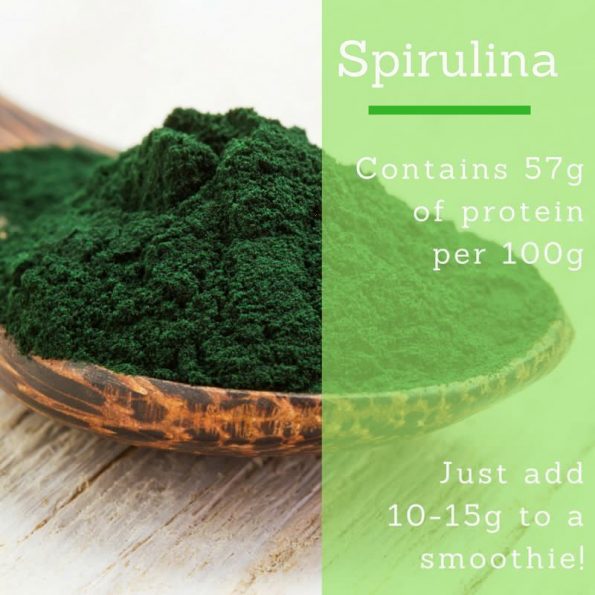
Spirulina is 80% protein and contains 22 amino acids, beta carotene, calcium and iron.
Chia Seeds
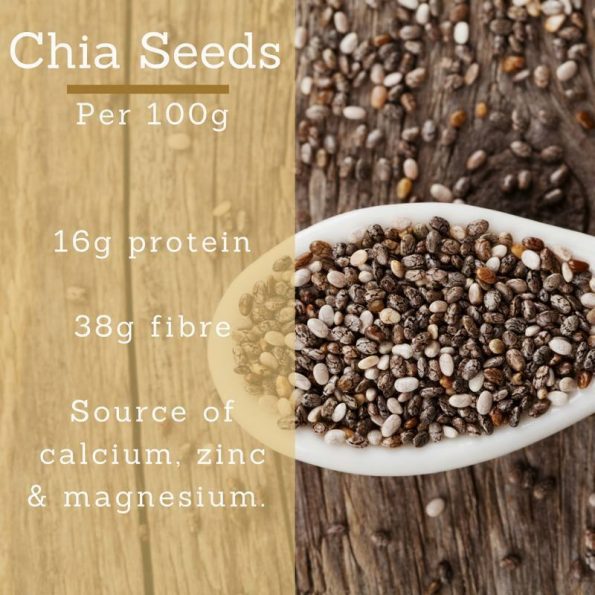
Chia seeds are a complete protein – a source of all of the essential amino acids and high in fibre. While you need a lot of chia seeds to get a good protein boost, they make a great addition to anybody’s diet that likes to workout and offer a source of calcium, magnesium and B vitamins.
Quinoa
It’s a complete protein, containing all of the essential amino acids, with 100g of quinoa providing 14g of protein. A source of potassium, magnesium, iron and vitamin B6 – this food is brilliant for training and recovery.
Seeds
Packed full of omega 3 fatty acids to help keep your heart healthy, sprinkle sunflower seeds on top of salads and blend into your smoothies for a protein boost. Try toasting pumpkin seeds to add a tasty boost of vitamin E to your diet.
Almonds
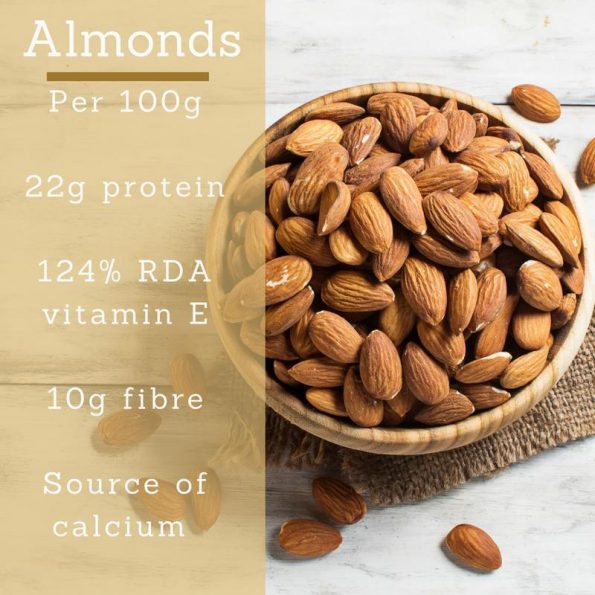
Almonds contain 22g of protein per 100g and with that, you get omega 6 fatty acids, vitamin E and fibre. It’s for this reason that most nuts make a great high protein snack that helps you to feel full.
These foods will all make great replacements in your diet when you’re looking to reduce your consumption of animal-based protein.
For more information on training tips and nutrition visit.
http://www.eatthis.com/lose-weight-build-muscle-with-complete-proteins